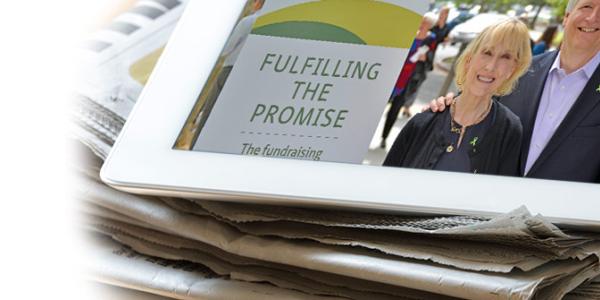
Mountain View, CA - February 15, 2012 - You want the whole family to eat healthier, but it just doesn't taste that good, right?
If that attitude sounds like you or your family, take a look at the eCookbook being offered free by the South Asian Heart Center at El Camino Hospital. "Cooking From the Heart" is a small, delectable collection of vegetarian dishes typically used in everyday South Asian cooking which have been tested and adapted to be heart healthier. Because many South Asian dishes are meatless, they rely on sophisticated and flavorful combinations of herbs, spices and sauces for appeal. Those flavor combinations have been adapted in a healthier format here, one that can make even the most devoted carnivore be willing to "go veggie."
The South Asian Heart Center was launched in 2006 to stem an epidemic of heart disease among South Asians (they have a four times higher risk of heart disease than the general population). Many South Asians think that because they are vegetarian, their diet is "healthy" by definition. But its heavy reliance on carbohydrates and fried foods—with relatively few fruits and fresh vegetables—can be a recipe for heart disease and diabetes.
From the start, participants of the program at the Center wanted advice on what they could replace their familiar recipes with—and nutritionists, volunteers and the participants themselves began researching, reformulating, and redesigning traditional menus. The results were given some very discerning taste tests by chefs, volunteers and the center's dietitian. Project lead Jeannette Kotrys, RD and health educator, coordinated the many "cooks" in this community project, reviewed the nutritional analysis, adjusted the contents, and managed our nutrition interns. "Traditional dishes have been modified to not only preserve cultural tastes but to also preserve the heart health of South Asians."
Try, for example, "Almond Quinoa Pilaf." Quinoa is a whole grain well-worth including in your diet because it provides complete protein (all the essential amino acids in one source) and is a good source of fiber, calcium, phosphorus, magnesium, potassium, zinc, and iron. "Forget about all that," says Kotrys. "This dish tastes delicious!"
"Beet It," a slightly-peppery beet salad with hints of mustard, curry and lime, is another pleasing dish, and there are tasty vegetarian soups and stews, as well.
Because each dish is rigorously tested and accompanied by a complete nutritional analysis, the recipe collection is growing slowly, but even this small group provides cooks with a wealth of adaptable ideas for creative use of flavoring.
"Our participants asked for our help in how to incorporate the heart-healthy guidelines they learn about from our staff into the cooking that they do every day for themselves or their families," says Ashish Mathur, executive director of the South Asian Heart Center at El Camino Hospital. "This eCookbook is first, a culmination of our efforts to address the need within the community. Now it is an ongoing vehicle to improve recipes, add recipes, and provide the most current data and resources on everyday cooking."